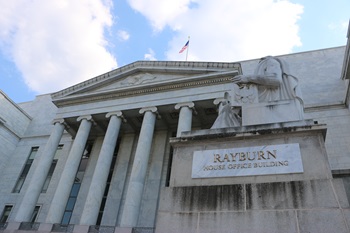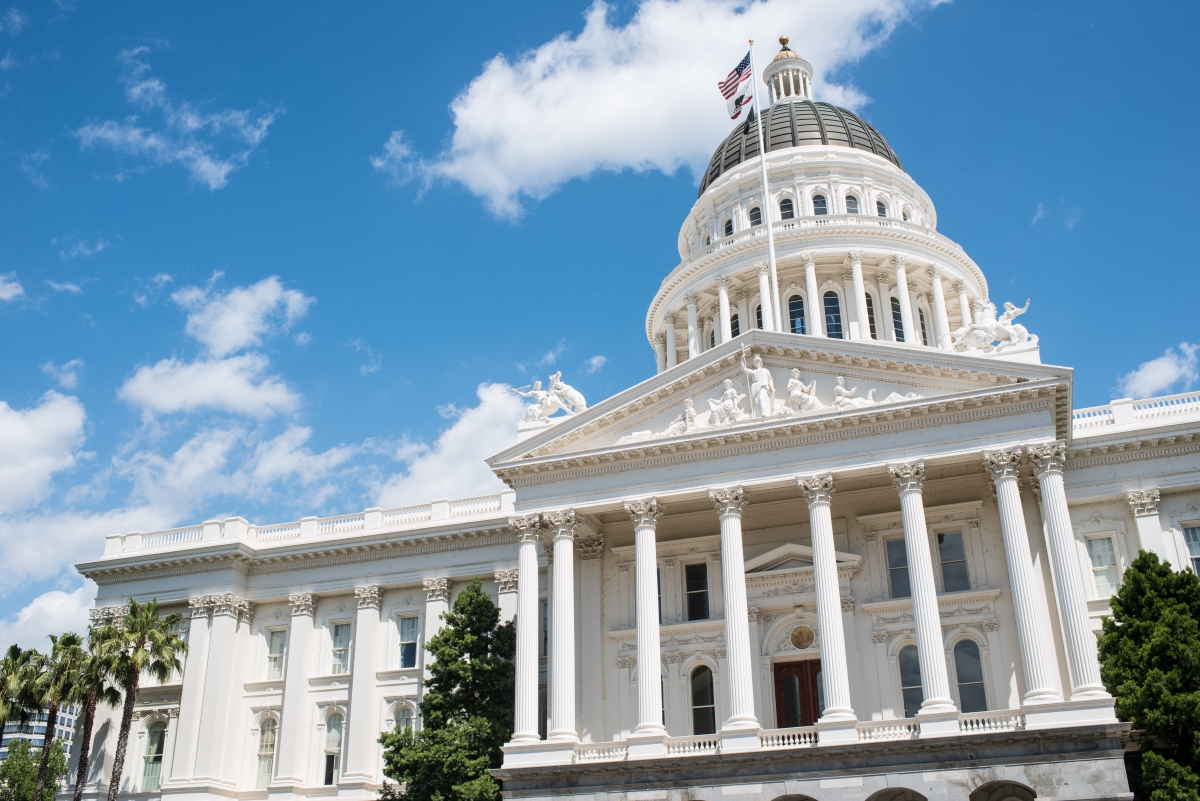By: Jennifer Hatcher, Chief Public Policy Officer & Senior Vice President, Government Relations, Food Marketing Institute

One of the most critical steps in effective advocacy with lawmakers is being able to distinguish yourself as an honest, educated broker of the industry you represent. FMI’s government relations experts have decades of government and industry experience that we tap every day to educate policymakers on the potential impact of policy decisions on our members’ businesses, customers and communities. As educators on behalf of the retail and wholesale food industry in Washington, as well as for our members, we have learned how to translate the complexities of the industry and the complicated procedures of Congress for audiences of all types. But in order to represent food retail well, we have to know our members’ stories, hear from operations experts, tour new concept stores and distribution centers, and reduce the complexity to clear examples.
“Government relations professionals need to be issue experts, who can figure out how to make very complicated concepts digestible for everyone. Our jobs are about knowing the members we represent, and educating both the voter and the lawmaker.”—Hannah Walker, FMI Senior Director, Technology and Nutrition Policy
Like grocers and retailers, government relations professionals are in the business of people. Building and maintaining relationships is important to successfully advocate for or against an issue or idea. Government relations specialists must think strategically about how to communicate, both with lawmakers and the people they represent. Navigating an issue through the legislative and regulatory processes can be time-consuming, but with the diverse forms of communication outlets available, at least getting the word out on a position it has also become quicker and perhaps more efficient.
“With the rise of technology use, there is a continued need to build relationships and tell the grocery industry’s story of the impact of specific issues on customer service and role of food retailers in the community.”—Rob Rosado, FMI Senior Director, Food and Health Policy
With all of the tools and technology we have available at our fingertips, is investing in one-on-one communication still worth it in the long run?
“Technology has made one of the most difficult parts of government relations (connecting people who care about an issue with their lawmaker) one of the easiest. It may be too easy. In the future, industries are going to have to demonstrate not only that they can produce “numbers,” but that those “numbers” aren’t just the result of the ease of communications. Government relations professionals are going to find it incumbent on them to demonstrate that the people they represent vote and create jobs.”—Andy Harig, FMI Senior Director Sustainability, Tax and Trade
Andy Harig continued on that sentiment:
“Remember that even in a technology and data-driven environment, government relations is ultimately about people – telling the story of the people you represent and making a connection with the lawmakers, staffers and officials you’re hoping to influence.”
In the grocery industry, relationships and trust are the basis of a business model. Even in today’s rapidly changing environment, it is clear that people are still the most important asset in any business. Get to know your FMI Government Relations team.


 Industry Topics address your specific area of expertise with resources, reports, events and more.
Industry Topics address your specific area of expertise with resources, reports, events and more.
 Our Research covers consumer behavior and retail operation benchmarks so you can make informed business decisions.
Our Research covers consumer behavior and retail operation benchmarks so you can make informed business decisions.
 Events and Education including online and in-person help you advance your food retail career.
Events and Education including online and in-person help you advance your food retail career.
 Food Safety training, resources and guidance that help you create a company food safety culture.
Food Safety training, resources and guidance that help you create a company food safety culture.
 Government Affairs work — federal and state — on the latest food industry policy, regulatory and legislative issues.
Government Affairs work — federal and state — on the latest food industry policy, regulatory and legislative issues.
 Get Involved. From industry awards to newsletters and committees, these resources help you take advantage of your membership.
Get Involved. From industry awards to newsletters and committees, these resources help you take advantage of your membership.
 Best practices, guidance documents, infographics, signage and more for the food industry on the COVID-19 pandemic.
Best practices, guidance documents, infographics, signage and more for the food industry on the COVID-19 pandemic.
